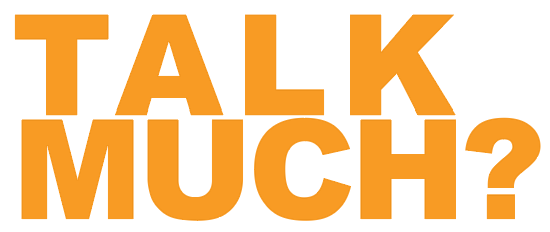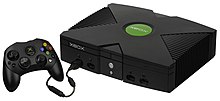SMS (short message service) is a text messaging service component of most telephone, Internet, and mobile device systems. It uses standardized communication protocols that let mobile devices exchange short text messages. An intermediary service can facilitate a text-to-voice conversion to be sent to landlines.
SMS, as used on modern devices, originated from radio telegraphy in radio memo pagers that used standardized phone protocols. These were defined in 1985 as part of the Global System for Mobile Communications (GSM) series of standards. The first test SMS message was sent on December 3, 1992, when Neil Papwort, a test engineer for Sema Group, used a personal computer to send “Merry Christmas” to the phone of colleague Richard Jarvis. SMS rolled out commercially on many cellular networks that decade and became hugely popular worldwide as a method of text communication. By the end of 2010, SMS was the most widely used data application, with an estimated 3.5 billion active users, or about 80% of all mobile phone subscribers.
The service allows users to send and receive messages of up to 160 characters (when entirely alpha-numeric) to and from GSM mobiles. Although most SMS messages are sent from one mobile phone to another, support for the service has expanded to include other mobile technologies, such as ANSI CDMA networks and Digital AMPS.
Mobile marketing, a type of direct marketing, uses SMS. According to a 2018 market research report, the global SMS messaging business was estimated to be worth over US$100 billion, accounting for almost 50 percent of all revenue generated by mobile messaging.

